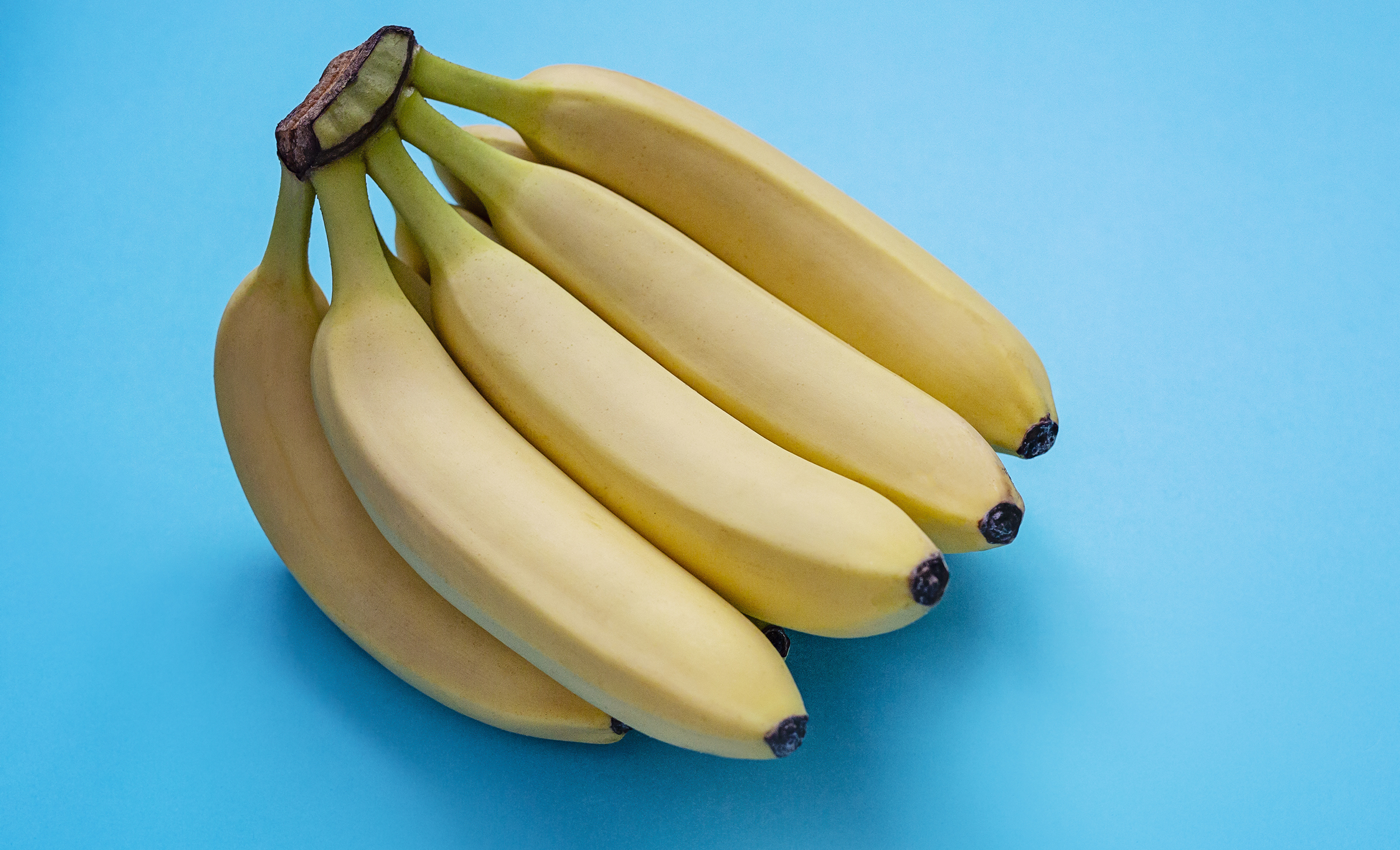How Much Protein Does a Banana Have? Exploring the Nutritional Content
Bananas are a widely consumed fruit known for their natural sweetness and portability. While they are often recognized for their rich source of vitamins and minerals, questions about their protein content also arise. In this article, we will delve into the nutritional composition of bananas, particularly focusing on their protein content. By the end of this article, you'll have a comprehensive understanding of how much protein a banana contains and its significance in a balanced diet.
1. Section 1: The Nutritional Profile of Bananas

The Nutritional Profile of Bananas
Bananas are a powerhouse of nutrients, offering an array of vitamins, minerals, and dietary fiber. However, their protein content tends to be relatively low compared to other sources.
2. Section 2: Protein Content in Bananas

Protein Content in Bananas
Bananas are not typically considered a significant source of protein. On average, a medium-sized banana (about 7-8 inches) contains approximately 1 gram of protein. This protein content is quite modest in comparison to other protein-rich foods.
3. Section 3: Importance of Protein in the Diet
While bananas might not be a substantial protein source, protein plays a crucial role in maintaining overall health. It's essential for muscle repair, immune function, and the production of enzymes and hormones.
4. Section 4: Comparing Protein Content
To better understand the protein content of bananas, let's compare them to a few other foods:
| Food | Protein Content per 100g |
| Chicken Breast | ~31 grams |
| Eggs | ~13 grams |
| Greek Yogurt | ~10 grams |
| Peanut Butter | ~25 grams |
| Almonds | ~21 grams |
| Banana | ~1 gram |
From this comparison, it's evident that bananas are not a significant source of protein when compared to these other foods commonly known for their protein content.
5. Section 5: Balancing Nutritional Intake
While bananas may be lower in protein, they provide a variety of other nutrients such as potassium, vitamin C, and dietary fiber. Incorporating bananas into a balanced diet alongside protein-rich foods can contribute to overall nutritional well-being.
6. Section 6: Protein Alternatives
For individuals seeking higher protein intake, consider incorporating other protein-rich foods into your diet. Options like lean meats, poultry, fish, eggs, dairy products, legumes, and nuts can provide more substantial protein content.
7. Section 7: Meeting Protein Needs
If you're specifically looking to increase your protein intake, relying solely on bananas wouldn't be sufficient. Incorporate a variety of protein sources to ensure you meet your daily protein requirements.
While bananas are not a prominent source of protein, they offer numerous other health benefits due to their rich nutrient profile. Understanding the protein content of bananas allows for informed dietary choices. To meet your protein needs, consider diversifying your diet with a range of protein-rich foods to achieve a well-rounded nutritional intake.